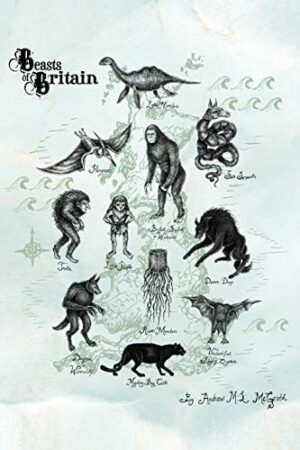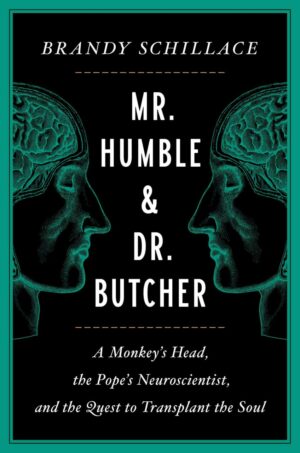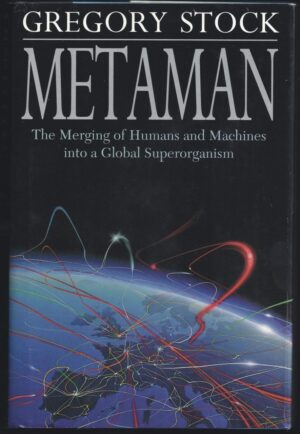Skip to content
Magick Matters
"Psychedelics as therapeutic catalysts for emotional and spiritual transformation
• Explores the latest medical research on the healing powers of entheogens
• Reveals the crucial role of tribal and shamanic wisdom in psychedelic medicine
• Provides guidelines for working with psychedelics, including the author’s personal healing and recommendations for creating change on the spiritual and societal levels
Banned after promising research in the 1940s, ’50s, and ’60s, the use of psychedelics as therapeutic catalysts is now being rediscovered at prestigious medical schools, such as Harvard, Johns Hopkins, NYU, and UCLA. Through clinical trials to assess their use, entheogens have been found to ease anxiety in the dying, interrupt the hold of addictive drugs, cure post-traumatic stress disorder, and...>>





